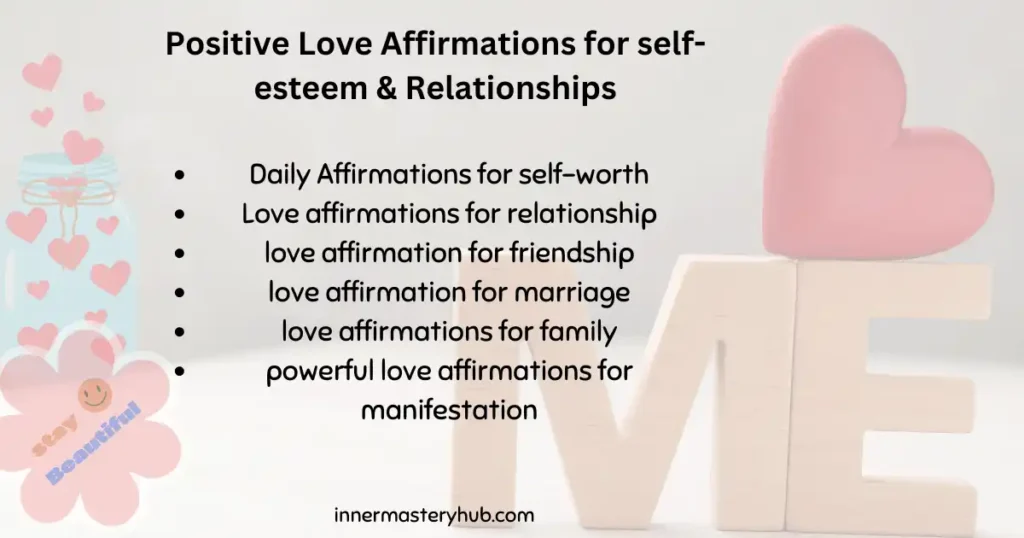People Who Lack Humor Have Hidden Downsides

Why do some people who lack humor
Across nations and individual differences, humor serves as a common language that improves social connections and mental well-being. However, not everyone shares the same sense of humor or knows how to convey it effectively. People who lack a sense of humor often find themselves misinterpreted or excluded from social situations, which can be lonely.
According to scientific research, humor has both cognitive and affective components, in addition to being a personality trait. Research in the journal “Cognition and Emotion” demonstrates, for instance, that the comprehension and production of comedy are closely linked to both cognitive flexibility and the brain’s emotional response.
What is meant by having a lack of humor?
A lack of humor is characterized by difficulties interpreting irony, sarcasm, or humorous statements, as well as difficulty laughing at jokes or finding them amusing. They could look extremely serious, take things literally, or show no interest in lighthearted humor.
It doesn’t necessarily indicate that something is “wrong”; sometimes it’s just a matter of mood, culture, or personality. In other instances, it may be connected to specific neurological or psychological disorders, stress, or social anxiety.
The Social and Emotional Impact
Living without a sense of humor affects more than just social gatherings; it can impact relationships, work environments, and personal well-being. People who do not appreciate or engage in humor struggle with forming or maintaining personal connections.
Colleagues perceive them as unapproachable, which could potentially hinder collaborative opportunities. Emotionally, the lack of humor can lead to increased stress.
Humor is a well-known coping mechanism that helps reduce stress and improve mood. A study by the American Psychological Association highlighted that individuals who engage in regular humorous exchanges exhibit lower stress levels and better mood regulation.
Is Humor an Evolved Social Skill?
According to evolutionary psychologists like Geoffrey Miller, humor and other artistic and musical qualities originated as markers of genetic fitness and intellect. Our forefathers were able to draw and keep partners after the initial stage of romance because of these characteristics.
Humor, particularly self-deprecating humor, is regarded as an indication of confidence and a person’s underlying character. Humor is a vital social tool for managing relationships, forming connections, and reducing tensions. In social situations, it also serves as a radar, helping to locate and connect with like-minded people, and turning potentially uncomfortable situations into pleasant exchanges.
The Science of Humor
There are many advantages to humor. Endorphins are natural mood enhancers that help reduce stress. Laughter, a crucial element of humor, also causes their release. Additionally, humor can strengthen the immune system by promoting the synthesis of T cells and antibodies.
Additionally, it can improve mood by raising dopamine and serotonin levels, which are chemicals associated with happiness and well-being. Moreover, comedy can stimulate creativity by promoting non-conventional thinking. Last but not least, it strengthens bonds by establishing a feeling of unity and commonality.
How to Cultivate a Sense of Humor
1. Understanding Humor Styles
A first step in having a sense of humor is identifying various humor styles. Affiliative, aggressive, self-enhancing, and self-defeating are the four primary categories. Particularly helpful in social situations is affiliative comedy, which consists of jokes that are amusing to all and do not offend anyone. Understand these styles to help people determine what would appeal to them the most, as well as to others.
2. Practical Exposure and Practice
Exposure to comedy through books, movies, and social events can also be beneficial. It is possible to progressively internalize patterns and settings from reading humorous books or watching comedies. One can also become more adept at participating in amusing encounters by having lighthearted banter or joke exchanges at work or in social situations.

3. Humor Workshops
Participating in humor workshops or comedy classes can be beneficial. These settings provide a safe environment where individuals can learn from professionals and practice humor without fear of judgment or failure.
4. Don’t take things personally.
Remember that their lack of humor is likely a reflection of their own insecurities or personality traits. Immerse yourself in humorous content to stimulate your sense of humor and evoke laughter. Discover new comedians and humor styles through podcasts. Participate in group activities that encourage creativity and humor.
5. Find humor in the situation.
Even the most serious situations can have a humorous side. Try to find the humor in the situation and share it with others.
Real-Life Examples
A useful tool, humor may improve many facets of our lives. A well-chosen joke can help resolve conflicts, reduce stress, and increase intimacy in relationships. Humor has the power to enhance teamwork, boost morale, and promote productivity in the workplace. Even in trying situations, comedy may offer a much-needed break, enabling us to overcome hardship and keep a positive attitude.
Conclusion
Even though not everyone has a natural sense of humor, people who lack humor can try to address the root causes to take steps that can make a significant difference. People can increase their ability to comprehend and engage in amusing interactions by addressing the cognitive components of humor, practicing regularly, and participating in humor education.
In addition to enhancing social relationships, this also promotes emotional well-being and lowers stress levels, demonstrating that comedy is a skill that can be developed.
1. What does it mean to have a lack of humor?
It usually means someone rarely laughs, rarely jokes, or doesn’t respond to jokes. They may take things very literally, struggle with sarcasm or irony, or feel uncomfortable and have a lack of humor. It doesn’t always mean something is “wrong.” It can be a personality or cognitive style difference.
2. Why do some people not understand jokes or sarcasm?
They may struggle with abstract thinking, interpreting social cues, or understanding nonliteral language. Conditions like autism spectrum, brain injury, or certain cognitive differences can make sarcasm or subtle jokes hard to grasp. Additionally, cultural or experiential gaps may lead some individuals to have a lack of humor.
3. Have a lack of humor linked to mental health problems?
Not always. But sometimes low use of humor is associated with depression, anxiety, or social withdrawal. Humor can be a coping tool; lacking it reduces resilience. But many people have a lack of humor without being mentally ill.
4. Can a person develop a sense of humor if they don’t naturally have one?
Yes. By exposing oneself to various styles of humor (comedy, cartoons, puns), observing social reactions, and engaging in light joking, one can gradually improve. It’s like any social skill—practice and exposure help.
5. Do neurological conditions affect humor comprehension?
Yes. Damage or differences in areas such as the frontal lobes can impair understanding or emotional response to humor. Some patients can understand jokes cognitively but feel them emotionally. Disorders may disrupt the cognitive–affective balance of humor.
6. Could fear of being laughed at cause some to have a lack of humor?
Yes. Gelotophobia is the fear of being laughed at, making people have a lack of humor or appear “serious.” They might suppress jokes, not respond, or stay very cautious in social settings to avoid ridicule.
7. Are there different types of people who have a lack of humor?
Absolutely. Someone might struggle with irony or sarcasm but enjoy slapstick or silly jokes. Another might understand dark humor but not puns. Humor has many styles—deficits might show only in some types.
8. How does culture affect perceiving a person who lacks humor?
Humor is culturally shaped. A joke that’s hilarious in one culture may fall flat in another—a person who lacks humor within their own culture but appears humorless to outsiders. Misalignment of references or norms can make them seem “serious”.
9. Does intelligence correlate with humor ability?
There is some research suggesting that certain humor styles (especially more complex or “dark” humor) correlate with verbal, cognitive, or emotional intelligence. But humor is multifaceted, and many intelligent people may not value humor as much.
10. When should one worry about having a lack of humor?
If a person’s inability to enjoy or respond to humor coexists with persistent sadness, social isolation, communication problems, or affects their daily life, then a professional evaluation might be helpful. It could signal deeper emotional, cognitive, or neurological issues.






